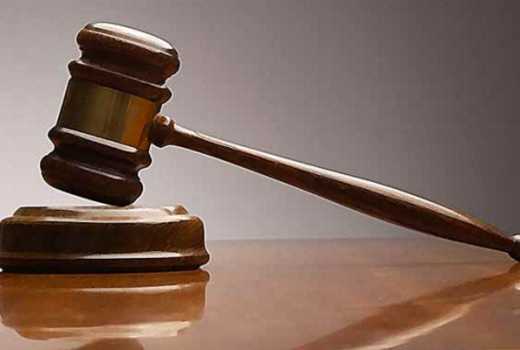
Article 48 of the Constitution of Kenya 2010 guarantees access to justice for all citizens. Because access to justice is a right, Kenya should move from the English rule, where the loser pays litigation costs and adopt the American rule, where each party pays its own costs. Unless the loser was involved in vexatious litigation and litigation brought in bad faith.
However, the fact that we had a lot of elections petitionsafter 2017 elections is a good problem, and should not be punished. Unfortunately, one cannot reconcile the right to access justice, with the current ‘losers pay heavily norm’. Different losers in elections petitions are expected to pay an estimate of 141 million in the name of paying the winners’ attorney’s fees. The article questions the appropriateness of these fees to justice.